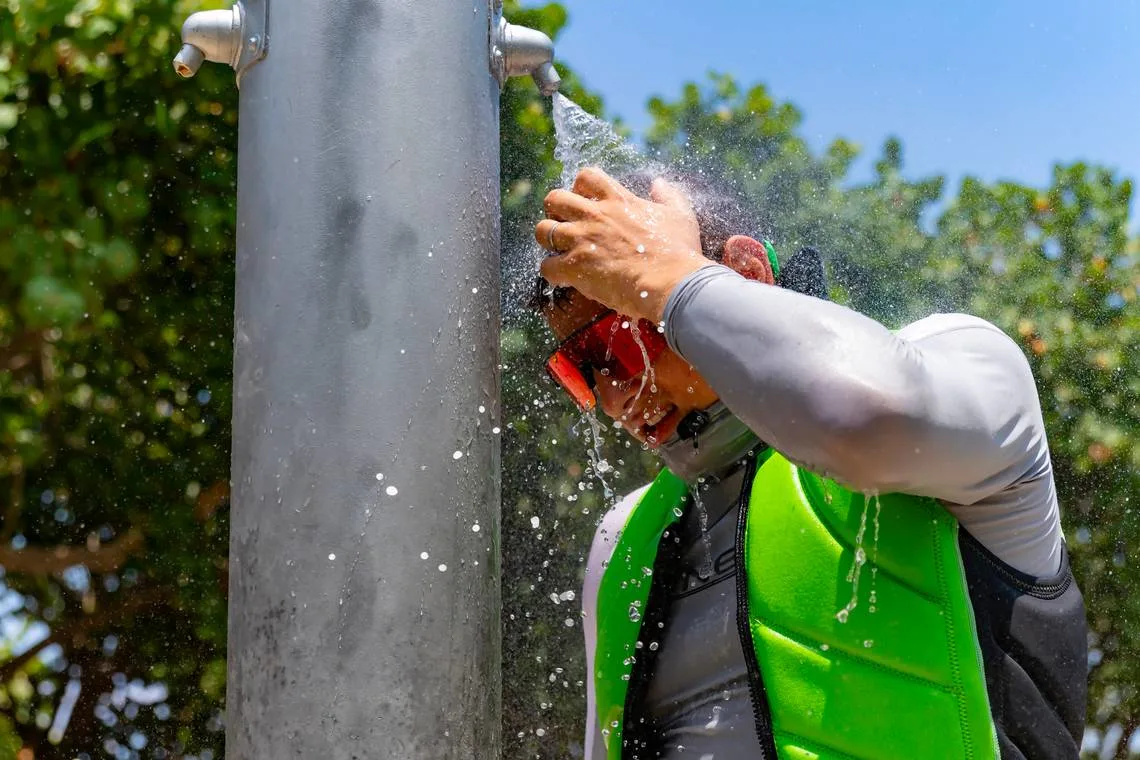ILLINOIS — Illinois is on track to significantly change school bus safety regulations with a new law that would require all newly manufactured school buses after July 1, 2031, to be equipped with three-point seatbelts.
The proposed law, Senate Bill 191, passed both chambers of the Illinois General Assembly and now awaits action from Governor J.B. Pritzker. Under the state constitution, if no action is taken within 60 days, the bill will automatically become law.
New Requirements Aim to Enhance Safety
The bill applies only to new buses built after July 1, 2031, meaning currently operating fleets won’t need retrofitting. The law does not obligate bus drivers or aides to ensure students wear seatbelts or offer training in their usage.
Supporters argue the move brings Illinois in line with modern vehicle safety standards, helping protect students in the event of accidents. The National Highway Traffic Safety Administration (NHTSA) has long recommended three-point restraints on school buses, noting the added protection against both forward and lateral movement.
Read More: At Home to Close 26 Stores, Including Locations in Illinois and Wisconsin
Mixed Response From School Districts
While many parents and safety advocates welcome the change, school officials have raised concerns about costs. Adding seatbelts can increase the price of a school bus by $5,500 to $10,000, depending on the vehicle’s size and configuration, as outlined by School Transportation News.
Cash-strapped school districts worry the added cost could limit how many buses they can afford or how many students they can transport. Critics have also pointed out that the bill delays the implementation date from the original proposed 2028 to 2031, potentially reducing its immediate impact.
Strong Bipartisan Support
Despite concerns, the bill sailed through the legislature. It was passed unanimously in the Illinois House and received three times more yes votes than no votes in the Senate — making a veto override extremely likely if Gov. Pritzker were to reject the bill.
The bill’s wide support reflects growing awareness of student safety in transit and recent calls for more robust school transportation standards across the state.
What’s Next
Governor Pritzker has until mid-August to sign or veto the bill. If he does neither, the legislation will still take effect. Assuming the bill becomes law, manufacturers will have six years to comply with the seatbelt requirement for new vehicles.
Do you think Illinois schools should prioritize seatbelt upgrades over other transportation needs? Let us know how your district is preparing at ChicagoSuburbanFamily.com.












